Workshops
Workshops and presenter information for Northamptonshire Schools' Inclusion Conference.
1. Nurturing Belonging | Bennie Kara
Session Synopsis
- The workshop will encourage delegates to:
- Reflect on what gives us a sense of belonging
- Explore our own relationships and journeys with belonging
- Consider how we gather staff voice on belonging
- Review the perception gap between stakeholder groups
- Consider how to create a belonging culture and a belonging curriculum
- Discuss the policies and practices that need to change to increase levels of belonging.
Speaker Bio
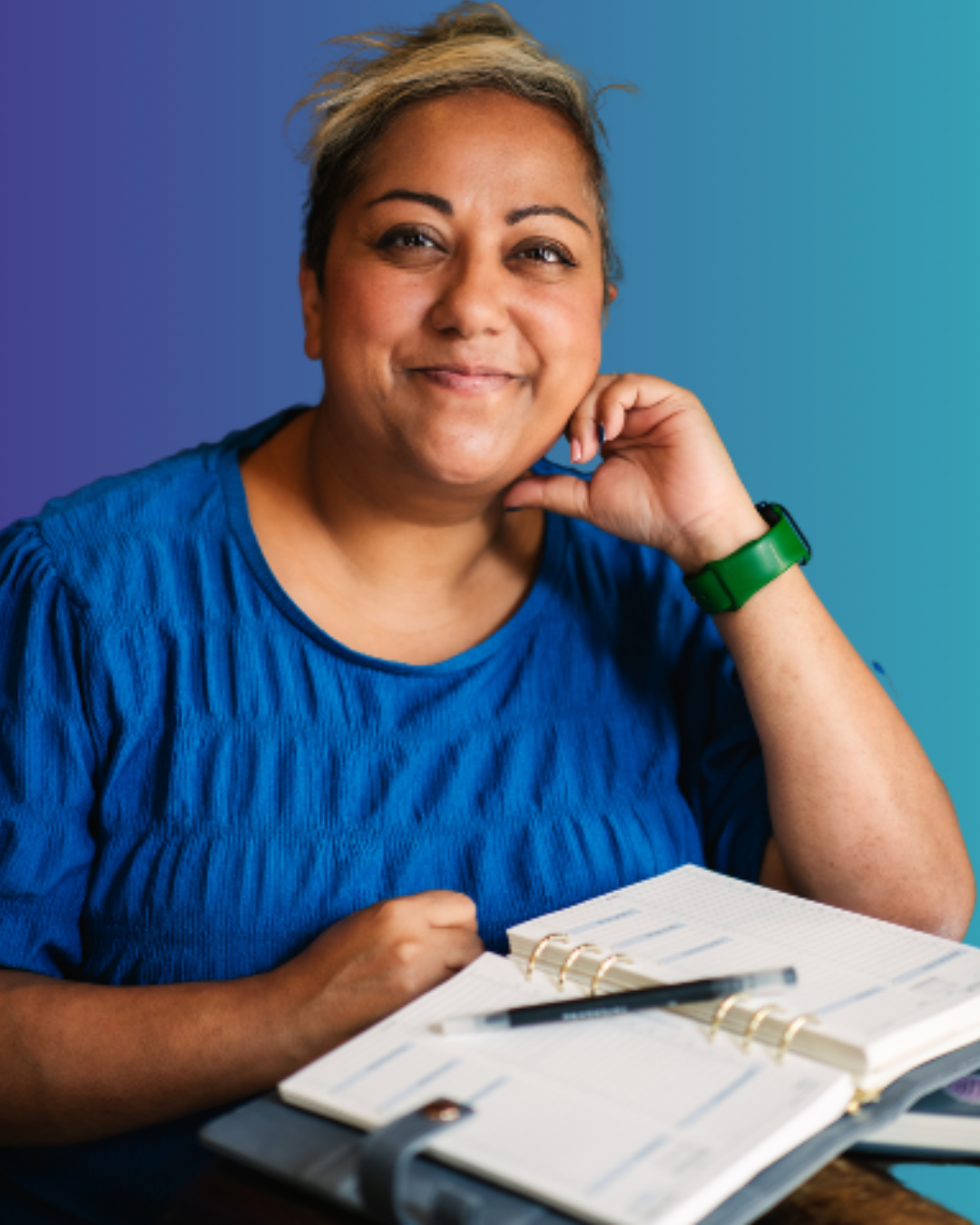
Bennie Kara is a co-founder of Diverse Educators. After 20 years in schools as a teacher and leader, she now works full time as a speaker, trainer and consultant on the curriculum. She is the author of A Little Guide for Teachers: Diversity in Schools and the co-editor of Diverse Educators: A Manifesto.
https://www.linkedin.com/company/67944188/
www.diverseeducators.co.uk
2. The development of a 3-tier graduated approach for supporting young people who are not attending school due to physical and / or mental health needs | Stephen Deadman - Childrens' Hospital School, Leicester
Session Synopsis
The development of a 3-tier graduated approach for supporting young people who are not attending school due to physical and / or mental health needs.
There has been an increase in children missing school due to health needs, including those with school-based anxiety, eating disorders and young people who self-harm. Some may have a diagnosis of autism where often; the school environment leads to anxiety levels being heightened.
The Children’s Hospital School, has developed a 3-tier graduated approach to support young people and mainstream schools as they seek a successful return to education. This follows a model set out by the Department for Education, as part of their SEND and Alternative Provision reforms through the Change Programme.
Within the workshop you will hear about the 3-tier model and what schools can do to support children with medical needs to remain in school, and what makes a successful re-integration back to mainstream. There will also be an update on the Change Programme and AP developments on a national level.
Speaker Bio
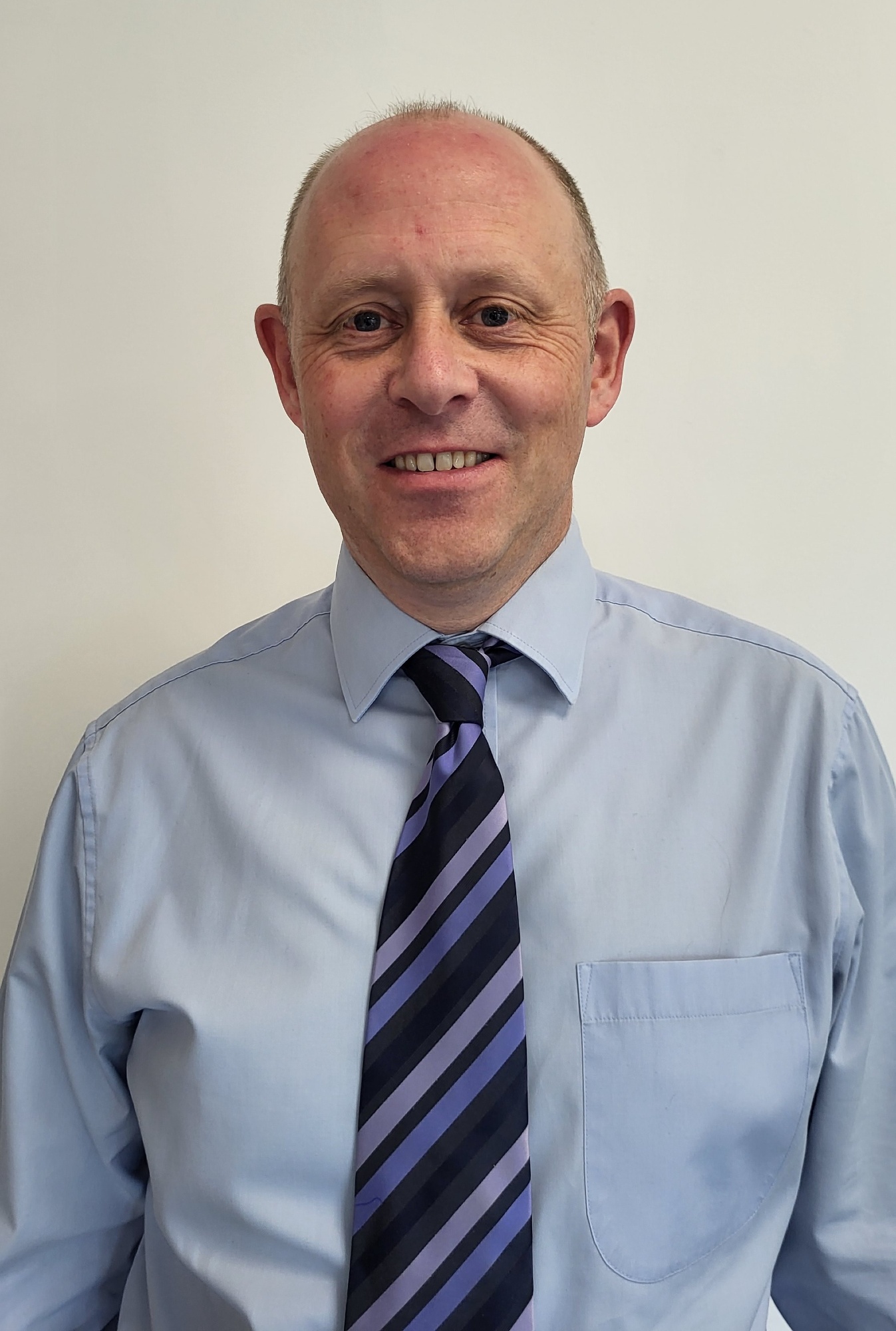
Stephen has 30 years teaching experience including the last 16 years in senior leadership posts across secondary, special and hospital education. He is a director of the National Association for Hospital Education (NAHE), Fellow of the Chartered College of Teaching, member of the National SEND Forum, Challenge Partners Education Advisory Group and DFE Secondary Headteacher’s Reference Group.
Stephen has been Executive Headteacher at The Children’s Hospital School since 2015. The school has been judged ‘outstanding’ by OFSTED in 2017 and 2023 and provides education to children missing school due to physical and/or mental health across Leicester, Leicestershire and Rutland.
He and his team teach in the Leicester Royal Infirmary, Beacon CAMHS inpatient unit, at home and in three Alternative Provisions for up to 90 young people missing school due to health issues.
References:
Department for Education (March 2023), Special Educational Needs and Disabilities (SEND) and Alternative Provision (AP) Improvement Plan, Special Educational Needs and Disabilities (SEND) and Alternative Provision (AP) Improvement Plan Department for Education (March 2024), Alternative provision specialist taskforces (APST), Alternative provision specialist taskforces
3. Developing and evaluating effective internal specialist provision within mainstream schools | Natalie Packer
Session Synopsis
This workshop aims to support school and trust leaders who are considering setting up their own Internal Specialist Provision to support the increasing complexity of need within mainstream schools, particularly around communication and interaction. The workshop will also be suitable for leaders who have recently established internal provision and are interested in reflecting on its quality. The session will include: Key considerations for provision development with regards to leadership, environment, curriculum, teaching and learning and wider provision Introduction to a framework for self-evaluating the quality of specialist provision Examples of effective provisions in practice
Speaker Bio
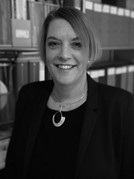
Natalie is an Independent Education Consultant, specialising in SEND and school improvement. She develops and delivers a wide range of training and support, including SEND reviews, to schools and multi-academy trusts. She works closely with several trusts to support their strategic development of SEND and is a trustee of Learn-AT in Leicestershire. She is an associate for national organisations nasen, Whole Education, Forum Strategy and Leadership Matters. Natalie is the author of The Perfect SENCO and The Teacher’s Guide to SEN and co-author of Beyond Boundaries: Leading Great SEND Provision across a Trust.
E mail: n.packer174@btinternet.com Linkedin: www.linkedin.com/in/natalie-packer-23779847 Twitter: @NataliePacker
4. In It Together: Creating a Sixth Form Culture that Celebrates Diversity and Mitigates Disadvantage | Claire Green, Northampton School for Girls
Session Synopsis
To explore inclusive practices in school sixth forms. This session aims to define what we mean by the terms 'diversity' and 'disadvantage' and explore relevant research before considering practical strategies that can be employed in school sixth forms to create a culture that celebrates diversity and mitigates disadvantage.
Speaker Bio
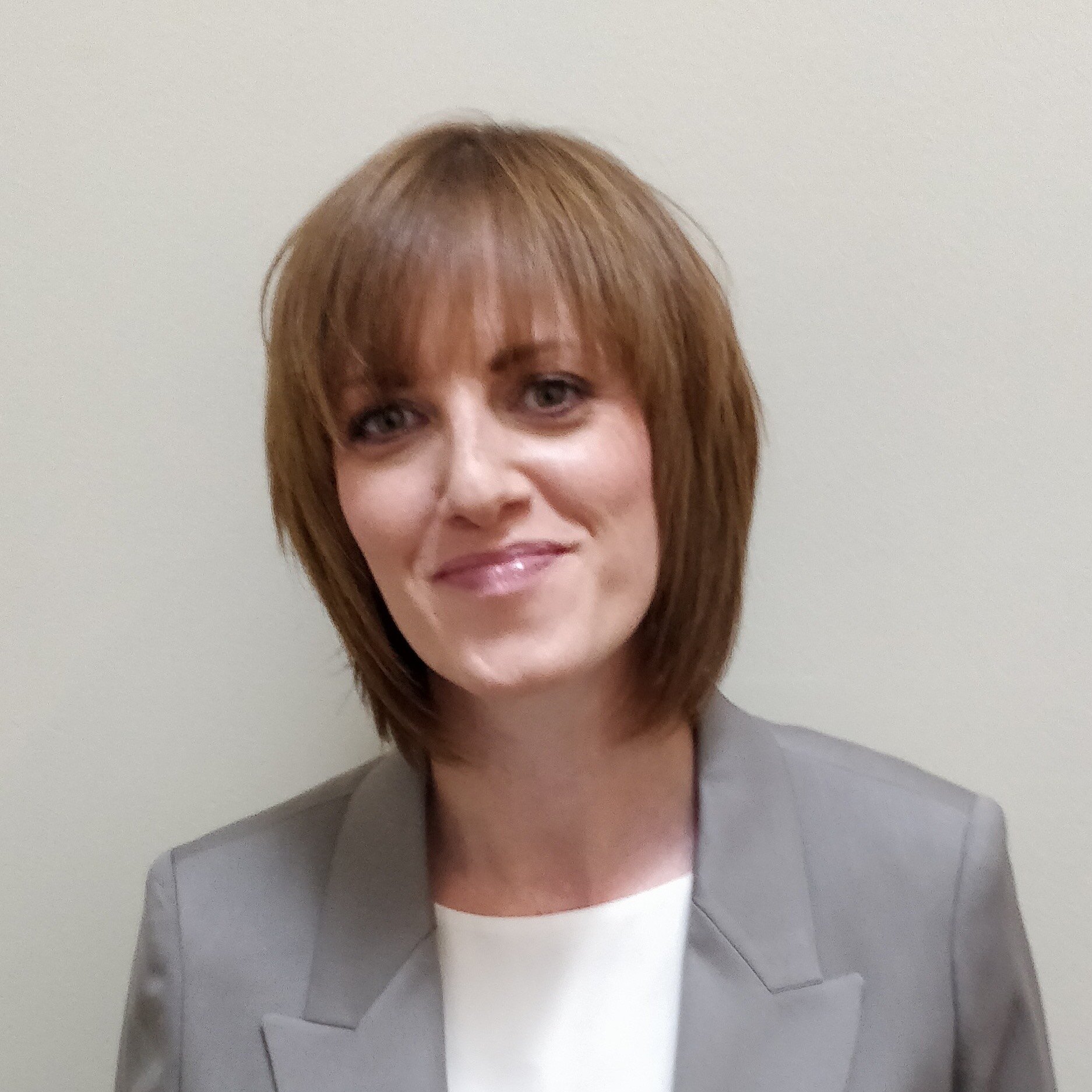
Claire Green is currently loving her SLT role as Director of Sixth Form at Northampton School for Girls, having held previous middle leadership roles including Head of Humanities and Head of History elsewhere in her 20 years of teaching. Claire is interested in leadership generally, and in widening the conversation about sixth form leadership specifically. Claire has written sixth form leadership articles for TES and writes a regular blog: https://www.thesixthformslant.com/
Teachers Talk Radio episode:
- https://teacherstalkradio.podbean.com/e/the-sunday-lunch-show-with-kalil-rouse-24-04-22-pastoral-cpd-clinic-10/
TES articles:
- https://www.tes.com/magazine/leadership/tips-techniques/school-leadership-tips-heads-sixth-form
- https://www.tes.com/magazine/teaching-learning/secondary/teachers-relive-their-experiences-tags
- https://www.tes.com/magazine/archived/5-last-minute-checks-sixth-form-students-arrive
- https://www.tes.com/magazine/teaching-learning/secondary/a-levels-results-day-teachers-support-students-grades
@CJGreenTeach
linkedin.com/in/claire-green-2197a621a
5. Neurodiversity: challenges, masking and acceptance | Martha Winterflood, Kettering Science Academy
Session Synopsis
This workshop aims to consider what it is like for many neurodiverse people, covering definitions, attitudes, personal insights as well as practical ways to support individuals going forward
Speaker Bio
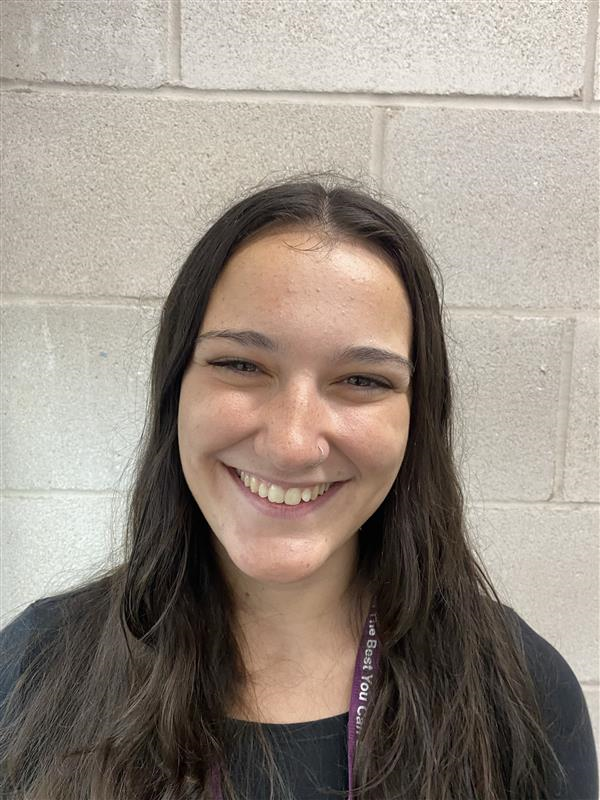
Neurodiversity is a term which is now commonly brought into conversation when considering “inclusion” but what does this mean and why is this focus becoming increasingly prevalent within schools? This workshop aims to consider these questions whilst also diving deeper into what it is like for many neurodiverse people, covering definitions, attitudes, personal insights as well as practical ways to support going forward. Particularly, this workshop aims to shine light on the difficulties and complexities experienced by people high-masking individuals, who can often go under the radar. Additionally, the importance of this topic will be clearly highlighted with the realities of the struggles experienced daily by many young people and adults alike will be outlined. Furthermore, this workshop aims to bring attention to the nuances of neurodiversity and challenge potential pre-existing ideas, with the hope of allowing further understanding and acceptance for all.
6. Leading Inclusion: What Works? | Katherine Walsh, Whole School SEND & River Learning Trust
Session Synopsis
River Learning Trust, an academy trust of thirty schools, places meaningful inclusion at the heart of everything it does. Katherine will share RLT's Inclusion Strategy and the process they undertook to identify the key priorities. The presentation will include case studies from individual schools identifying small changes that led to significant impact, as well as system-level approaches enabling stronger provision in schools. Throughout the session, Katherine will signpost high-quality resources that school leaders can use to develop inclusive practice.
Speaker Bio
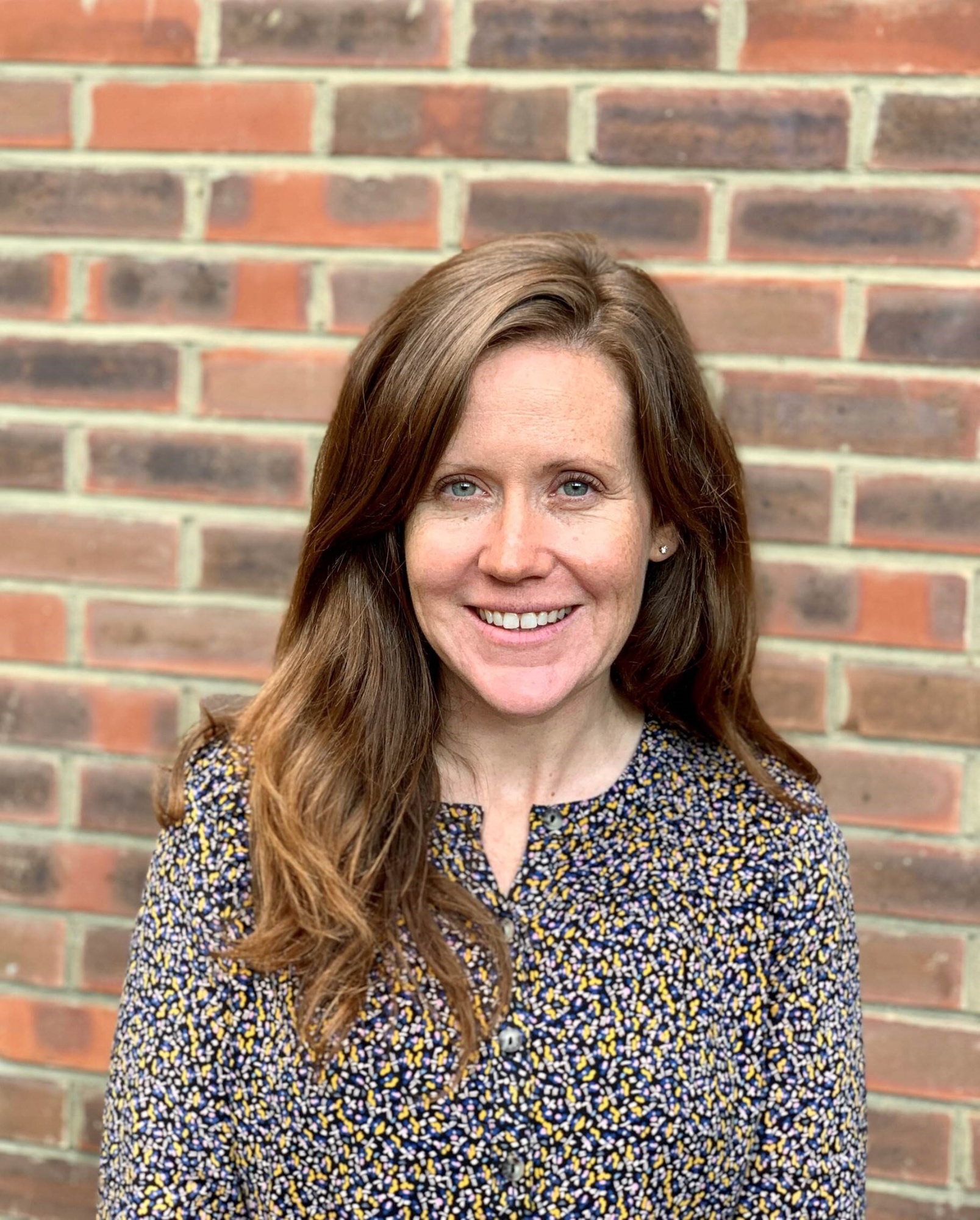 Katherine Walsh is the Director of Inclusion for River Learning Trust and a Regional SEND Leader with Whole School SEND. She is an experienced teacher and school leader and has led SEND provision in primary and secondary schools in England and America. Over the past ten years, Katherine has developed particular expertise in working with leadership teams to develop school-wide systems, establishing shared and inclusive visions for the education of children and young people with SEND. Katherine was a lead author on the Department for Education commissioned Whole School SEND Teacher Handbook: SEND and a project director for the Educational Endowment Foundation’s SEND Review Trial.
Katherine Walsh is the Director of Inclusion for River Learning Trust and a Regional SEND Leader with Whole School SEND. She is an experienced teacher and school leader and has led SEND provision in primary and secondary schools in England and America. Over the past ten years, Katherine has developed particular expertise in working with leadership teams to develop school-wide systems, establishing shared and inclusive visions for the education of children and young people with SEND. Katherine was a lead author on the Department for Education commissioned Whole School SEND Teacher Handbook: SEND and a project director for the Educational Endowment Foundation’s SEND Review Trial.
rsl.scnwlon@wholeschoolsend.com
7. Principles of Inclusive Leadership | Daniel Dudson, Kettering Science Academy
Session Synopsis
This session will explore the key principles of inclusive leadership and how they can create a more equitable and supportive school environment. Participants will examine how inclusive leaders foster collaboration, build strong relationships with diverse stakeholders, and create a culture where all students feel valued and supported. The session will introduce an asset-based approach, emphasizing the strengths within school communities, and discuss practical strategies for reducing exclusions, improving student engagement, and promoting belonging. Through case studies, reflective discussions, and action planning, attendees will leave with concrete steps to embed inclusive leadership in their own practice.
Speaker Bio
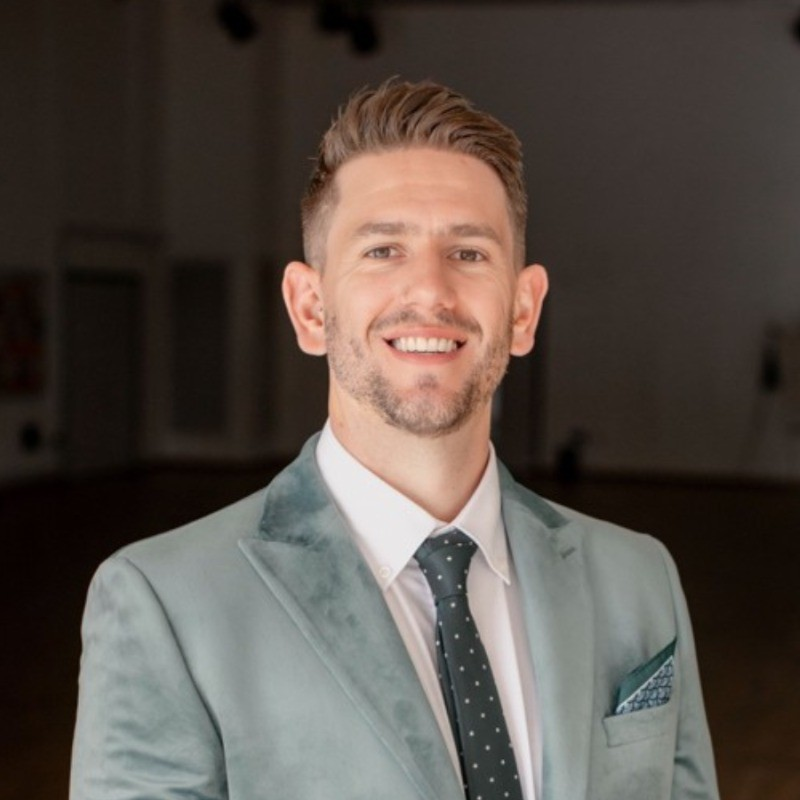 Dan is an experienced education leader, currently serving as Inclusion Lead on the Senior Leadership Team at Kettering Science Academy. Previously Head of Year 9 and Curriculum Lead for Music, Dan brings a broad perspective to his work, combining pastoral care with academic leadership. Over the last 18 months, he has taken an asset-based approach, working collaboratively with parents, carers, students, and staff to strengthen stakeholder involvement in education. This inclusive strategy is yielding positive results, with reductions in behaviour incidents and internal truancy. A member of Cohort Five of Difference Leaders, Dan is committed to the principles of inclusive leadership—building relationships, fostering equity, and ensuring every child has access to the support they need to thrive. As he nears the end of his two-year programme, he continues to champion a culture where all students feel valued, heard, and empowered.
Dan is an experienced education leader, currently serving as Inclusion Lead on the Senior Leadership Team at Kettering Science Academy. Previously Head of Year 9 and Curriculum Lead for Music, Dan brings a broad perspective to his work, combining pastoral care with academic leadership. Over the last 18 months, he has taken an asset-based approach, working collaboratively with parents, carers, students, and staff to strengthen stakeholder involvement in education. This inclusive strategy is yielding positive results, with reductions in behaviour incidents and internal truancy. A member of Cohort Five of Difference Leaders, Dan is committed to the principles of inclusive leadership—building relationships, fostering equity, and ensuring every child has access to the support they need to thrive. As he nears the end of his two-year programme, he continues to champion a culture where all students feel valued, heard, and empowered.
www.linkedin.com/in/daniel-dudson
8. Leading whole school inclusion: why relational practice is essential | Sam Morrow & Irene Ogunseitan from The Difference
Session Synopsis
In this session we will explore one of The Difference's key principles of whole school inclusion: relational practice. We will examine the importance of leading systems development balanced with leading practice development, and how synergy between the two is essential for improving outcomes for all students in your schools.
Speaker Bio - The Difference | Key event Sponsor & Author of Who is Losing Learning report.
The Difference: Our Purpose
The problem: The country's most vulnerable children have overwhelmingly poor educational and life-outcomes, with disastrous consequences for themselves and society. Many of these children are excluded from school.
Our purpose: The Difference exists to improve the life-outcomes of the most vulnerable children by raising the status and expertise of those who educate them.
Our solution: The Difference creates specialist senior school leaders, with the expertise to lead whole-school and multi-agency approaches to meeting the learning, wellbeing and safeguarding needs of all children, and most crucially those with high levels of need and vulnerability.
Through its programmes, research and partnerships, The Difference learns what works to improve outcomes for vulnerable children, and shares this best practice across its network and the sector.
9. Non Violent Resistance (NVR) in Schools
Session Synopsis
Non Violent Resistance (NVR) is a relational approach to responding to harmful and destructive behaviour in children and young people. As the number of permanent exclusions continues to rise alongside the number of young people who are not attending school, NVR offers a new approach. Based on a set of core principles, it can be applied in schools to create an environment where staff, pupils and families feel that they belong and can be safe. In a number of European countries, NVR – or, as it is frequently referred to there, ‘New Authority’ – has transformed education in many mainstream primary- and secondary schools.
In this workshop we will explore some of the core principles of the approach starting from the place of understanding that all any of us can control is our own response in any given situation, therefore, if we change the way we respond then the culture starts to change.
Implementing a New Authority Culture in School requires a culture shift that will eventually involve all members of the school community.
Speaker Bio
 Tony has 29 years of experience as a teacher in mainstream secondary and special schools. This includes over 8 years as head of a Pupil Referral Unit (PRU), working with the vulnerable pupils excluded from mainstream school and their families in inner London, before retiring in 2017. It was during this latter period of his career that he became convinced of the urgent need to explore alternative approaches to managing challenging behaviour in order to stem the flow of exclusions from mainstream schools.
Tony has 29 years of experience as a teacher in mainstream secondary and special schools. This includes over 8 years as head of a Pupil Referral Unit (PRU), working with the vulnerable pupils excluded from mainstream school and their families in inner London, before retiring in 2017. It was during this latter period of his career that he became convinced of the urgent need to explore alternative approaches to managing challenging behaviour in order to stem the flow of exclusions from mainstream schools.
Tony sees NVR as a powerful alternative to the traditional behaviourist models in operation in almost all mainstream schools as a model rooted in authentic relationship-building, it is particularly apt in its focus on supporting adults to manage themselves effectively when faced with challenging behaviour from a young person.
Tony has a professional doctorate in education from Middlesex University for his research into how exclusion from school affects the parents of those excluded and how PRUs might be reconceptualised in an advocacy role supporting families to secure reintegration for their children back into mainstream school as quickly as possible, rather than lingering in PRUs often for many years.
- tony@partnershipprojectsuk.com
- linkedin.com/in/tony-meehan-3063b823
10. Self Regulation: Addressing the real challenges faced by EAL students | Dumiso Mbelesi
Session Synopsis
How to use self regulation strategies to support the learning of EAL students ? The number EAL students in the UK has growing at a significant rate so this session aims to address the following: 1. What are the common misconceptions about the learning of EAL students (effects on behaviour management and attainment). 2. The cognitive load vs the transfer of knowledge for a EAL student 3. inclusive steps we can take to support EAL students. The session aims to build upon the work completed by the Bell Foundation, The Educational Endowment fund, Hecker 2020 and Dahlstrom Hakki.
Speaker Bio
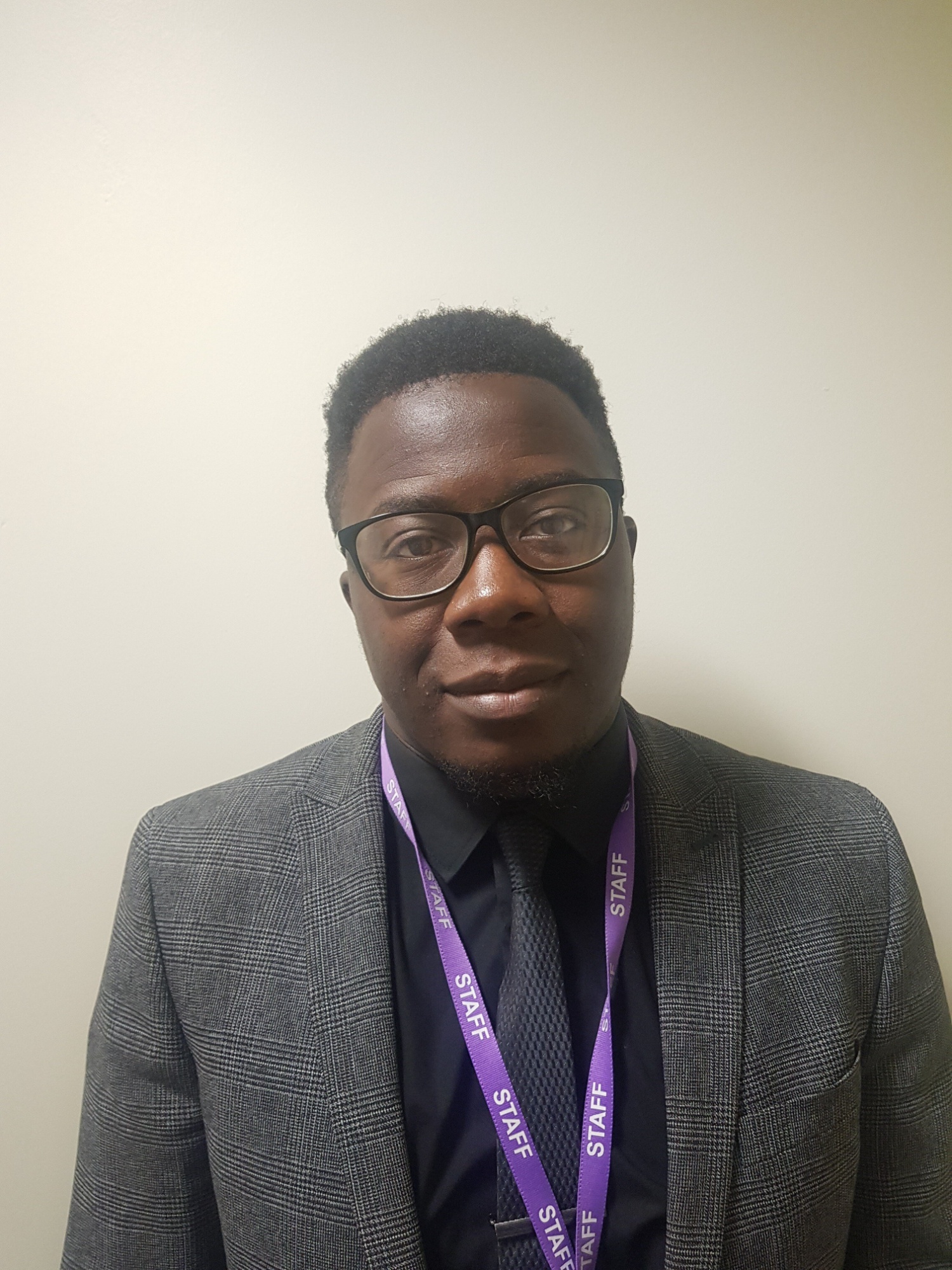 Dumiso is currently the Head of Geography at Kettering Science Academy. In addition, the Subject facilitator for the BWT teaching school and an examiner for AQA and Pearson at GCSE level and A level. Dumiso's Journey into education began when he career changed in 2018 from a career in commercial litigation and has developed in to one of the key subject specialists when looking at managing the cognitive load, Self regulation and building positive relationships with students.
Dumiso is currently the Head of Geography at Kettering Science Academy. In addition, the Subject facilitator for the BWT teaching school and an examiner for AQA and Pearson at GCSE level and A level. Dumiso's Journey into education began when he career changed in 2018 from a career in commercial litigation and has developed in to one of the key subject specialists when looking at managing the cognitive load, Self regulation and building positive relationships with students.
